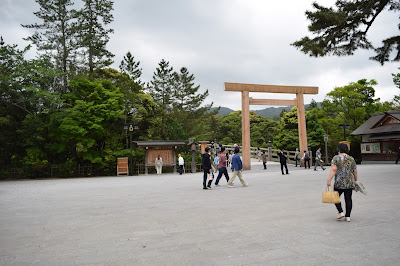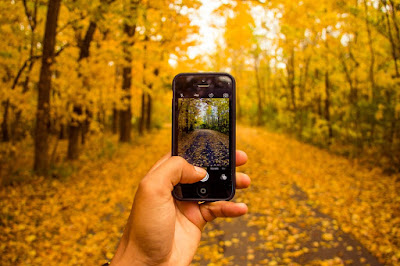Is prayer a pointless or worthwhile pursuit?

This was originally posted as a "viewpoint" at Aeon Conversations There are moments in our lives when this avowed disdain for such “self-centred” prayers unravels and sounds like mere intellectual flimflam. This is when reason either deserts us or enervates us with its passionless logic. Entrance to Naiku, Inner Shrine (Shinto), Ise Jingu, Japan (Credit: Author) t Teresa of Avila once explained the various levels of prayer she undertook on her way to divine union. From the bottom level of prayers of devotion and supplication she moved to the next one where her mind gave “a simple consent to become the prisoner of God.” At a higher level, the saint was “drunk with love” and concerned only with the thoughts of God. At the last stage, the saint achieves mystical union with God. In other words, we may begin with prayers for “selfish” reasons and mundane worldly concerns. As we grow spiritually, we lose this obsession with the self and in the end achieve oneness with th





